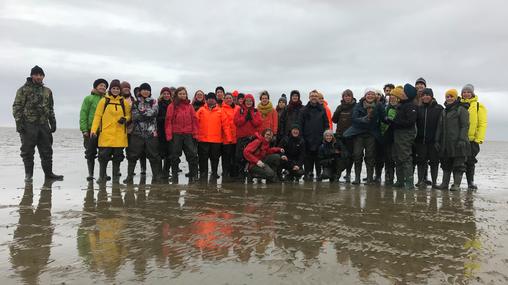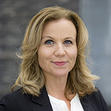Our story
Why are we here?
External learning environments are an important part of children and young people's learning and personal development. For more than four decades, Skoletjenesten has worked with cultural institutions to develop academic teaching environments that help children and young people develop as active democratic citizens. Enhancing their academic and social competencies via external learning environments is more relevant now than ever before.
What are we known for?
It is important to us that the teaching provided by cultural institutions is of high quality and offers children and young people forms of learning not available in their schools. We collate and generate knowledge in teaching and learning labs and deploy it in teaching and in our partnerships with other stakeholders. We involve teachers and students in this process, and we work with schools, local authorities, educational institutions and other national stakeholders.
What do we build on?
We build on partnerships with cultural institutions and local authorities to develop, offer and share knowledge of teaching in external learning environments. We teach children and young people about nature, culture and art from the start of preschool until they complete their youth education. We share knowledge and create networks, for example via study groups, theme days, conferences and skills enhancement programmes.
How broad is our reach?
Skoletjenesten works at local and regional level but with a national perspective. We study, map out and travel around the country providing knowledge and information about the open school. We work with local authorities, cultural institutions and schools throughout Denmark, using knowledge and experience to develop new services and improve teaching in external learning environments. Skoletjenesten.dk is a national focal point and helps teachers find and make use of external learning environments.
What makes external learning environments special?
In cultural institutions, students encounter authentic objects and narratives that open the world up to them in new ways. They gain specific insight into contemporary society and history by using their senses to see, smell, taste and touch. They work with scientific methodologies; observe, describe, examine and wonder about objects and contexts. Together they explore art, materials and objects through dialog and practical and creative approaches. They work together, face challenges and develop social skills. They ask questions, find answers and put the age they live in and their own lives into perspective.
Where are we heading?
We aim to be a knowledge centre for everybody who works with learning in external environments. We aim to make active use all over the country of the knowledge we generate in our teaching and learning labs. As a knowledge centre we aim to work with others to improve the quality of pedagogic practice in external learning environments.

